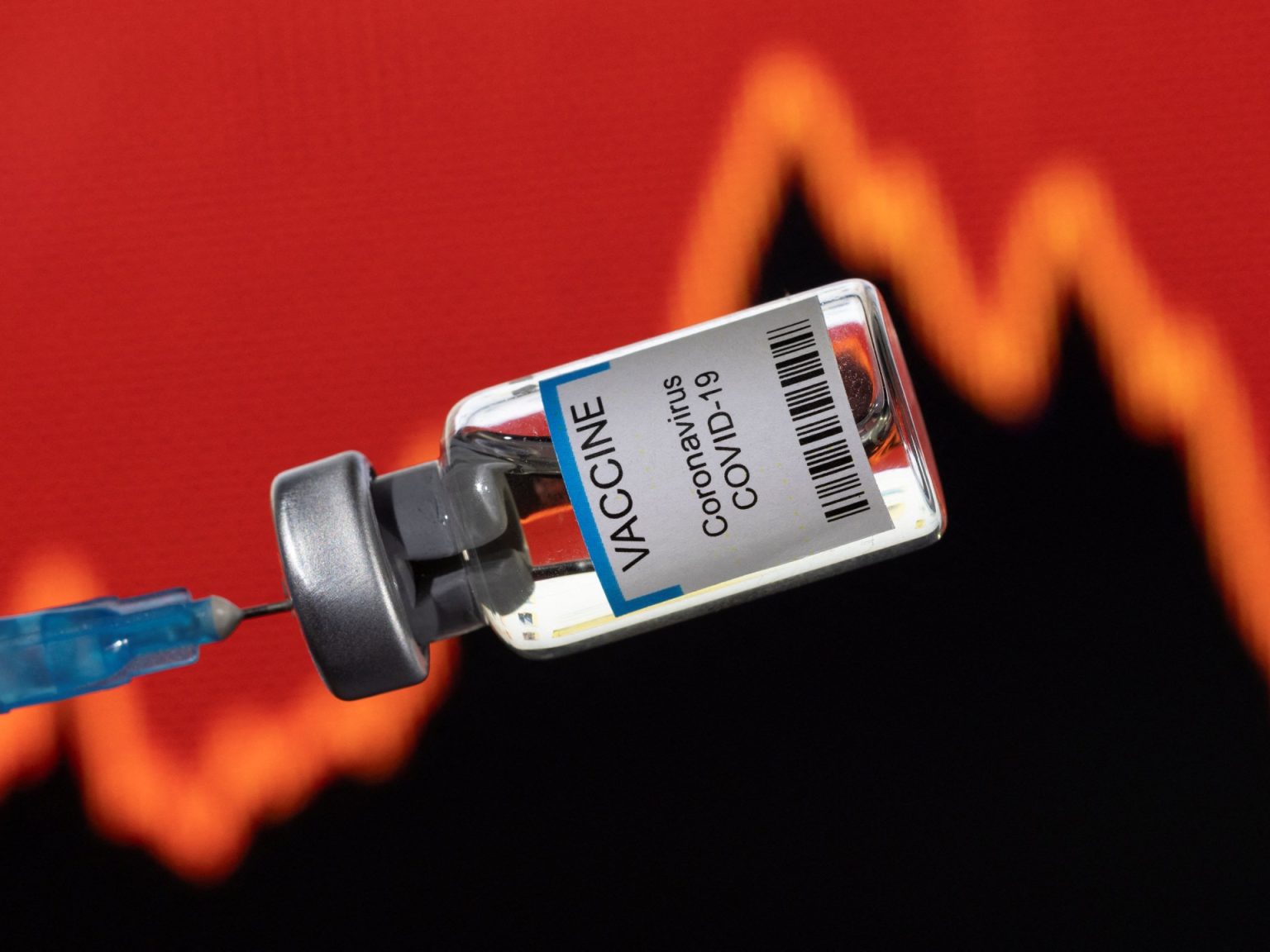At the height of the COVID-19 pandemic, the United States military engaged in a secret campaign to counter China’s influence in the Philippines, a country severely impacted by the deadly virus. This operation involved the creation of fake social media accounts impersonating Filipinos to spread anti-vaccination propaganda, particularly targeting China’s Sinovac vaccine. The clandestine campaign aimed to sow doubt about the safety and effectiveness of vaccines and other aid provided by China. Nearly 300 accounts were identified on X (formerly Twitter) that matched descriptions provided by former US military officials familiar with the operation, all centered around the slogan #Chinaangvirus.
The US military’s anti-vaccine efforts extended beyond Southeast Asia and targeted local audiences in Central Asia and the Middle East, where fear of China’s vaccines was spread among Muslims. The campaign included spreading misinformation about China’s shots containing pork gelatin, which could be considered forbidden under Islamic law. Despite warnings from social media executives, the clandestine programme continued under both former President Donald Trump and President Joe Biden. The Biden administration eventually issued a directive in spring 2021 to cease the anti-vax effort, which also disparaged vaccines produced by other competitors.
The Pentagon confirmed engaging in secret propaganda campaigns to discredit China’s vaccine in the developing world, though specific details were not provided. A Pentagon spokesperson stated that the US military utilizes various platforms, including social media, to counter malign influence attacks targeting the US, allies, and partners. The Chinese Ministry of Foreign Affairs alleged that the US government manipulates social media and spreads misinformation, while the Philippines Department of Health stated that the findings by Reuters should be investigated by the appropriate authorities.
Critics of the Pentagon’s anti-vax programme, including public health experts, condemned the operation, stating that it placed civilians at risk for potential geopolitical gains. The effort to stoke fear regarding Chinese vaccines undermined public trust in government health initiatives, including US-made vaccines that were later made available. While Chinese vaccines were found to be less effective compared to vaccines by Pfizer and Moderna, all were approved by the World Health Organization. Some experts expressed disappointment and disillusionment with the US government’s actions, noting that it crossed a line and went against the interest of vaccinating the population.
The US military’s covert campaign to undermine trust in Chinese vaccines highlights the complexities of information warfare in the midst of a global health crisis. By spreading anti-vaccination propaganda through fake social media accounts, the Pentagon attempted to influence public opinion in Southeast Asia and beyond. The decision to engage in such operations, which continued even after alarming warnings, raises ethical concerns about the use of misinformation for strategic purposes. Moving forward, it is crucial for governments and organizations to prioritize transparency, accuracy, and public health in their communication efforts during emergencies like the COVID-19 pandemic.












